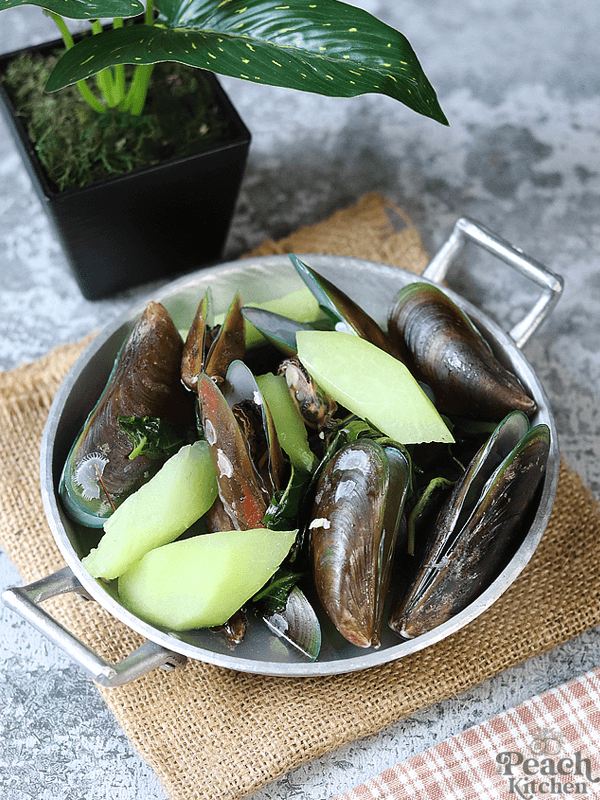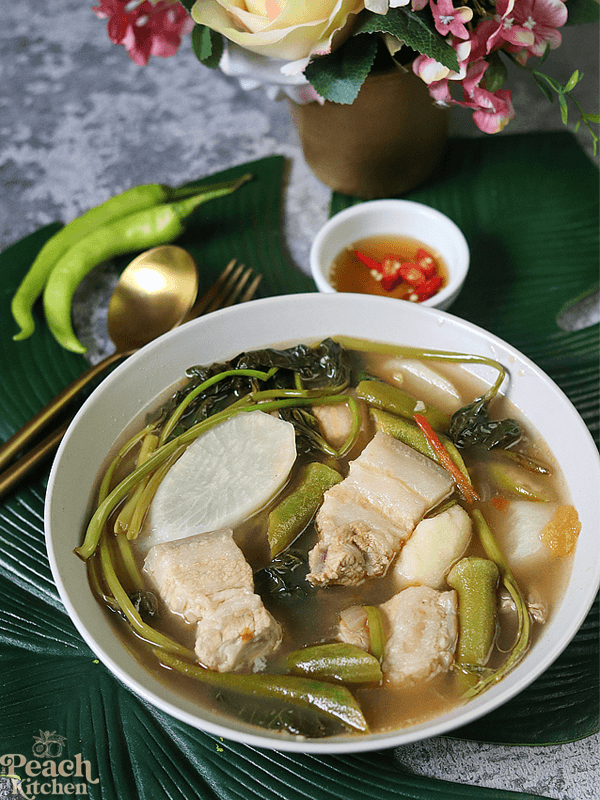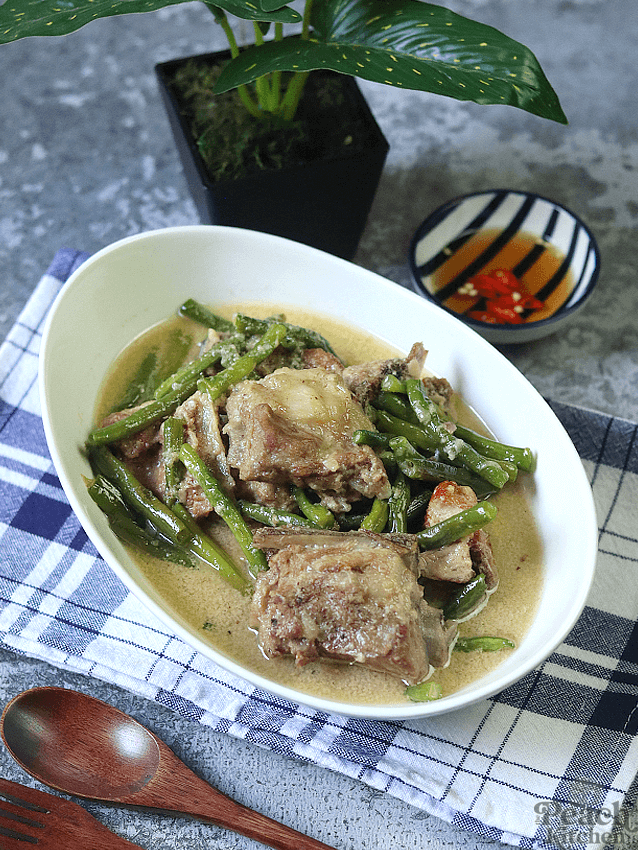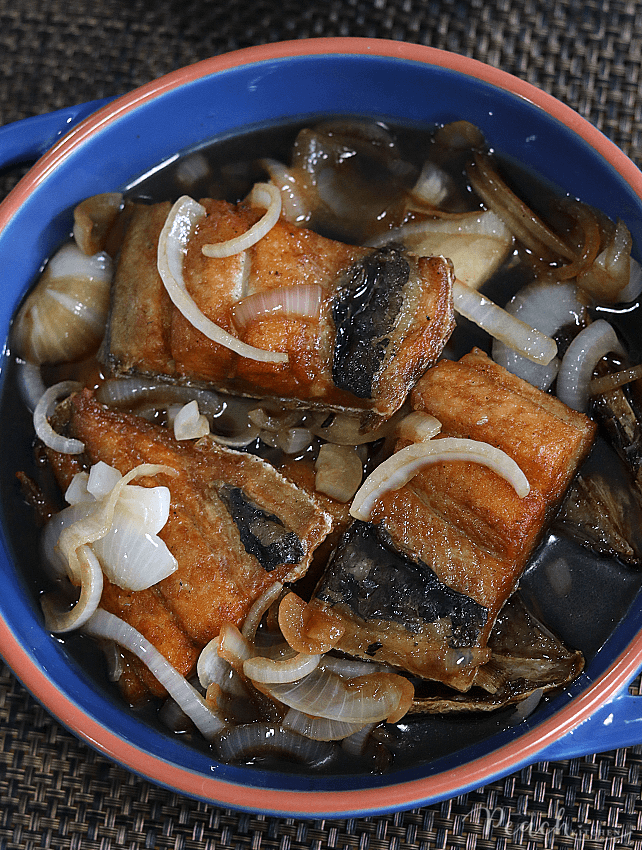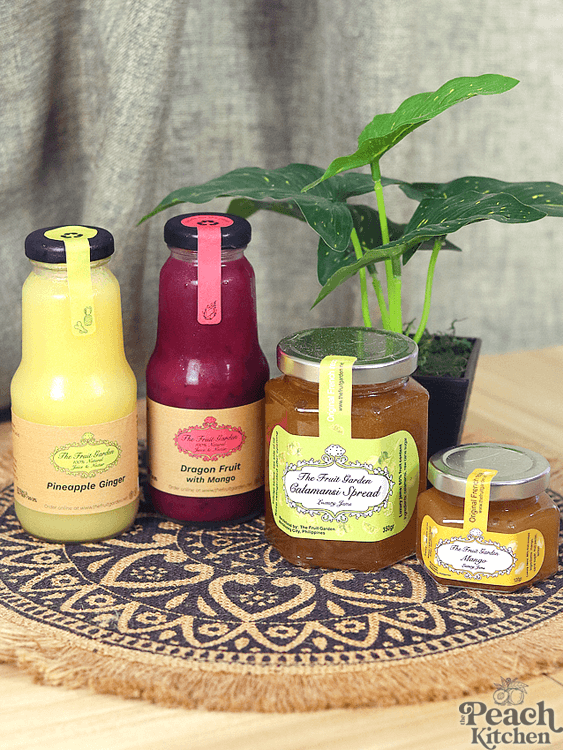In recent years, sustainability has become a key focus across all industries, and the world of wine is no exception. From vineyard to bottle, sustainability is revolutionizing the wine industry as producers adopt eco-friendly practices to mitigate environmental impact, respond to changing consumer preferences, and ensure a more ethical future for the craft. If you’re a wine enthusiast or just curious about what’s trending in the wine world, here’s why sustainable wine is making such a big splash.

What Is Sustainable Wine?
Sustainable wine refers to the practices used by wineries that focus on long-term ecological health and social responsibility. These practices aim to reduce carbon footprints, minimize water usage, and protect local biodiversity, all while maintaining high-quality wine production. Sustainable wines often feature certifications such as Organic, Biodynamic, or certifications from programs like the Sustainable Winegrowing Alliance (SWA) or Fair Trade that reflect a commitment to environmental and social governance.
Why Is Sustainable Wine Becoming a Trend?
- Consumer Awareness: Today’s wine consumers are more educated than ever, and they care about where their food and drink come from. Millennials and Gen Z are especially vocal about environmental sustainability and are making more conscious purchasing decisions. Studies show that sustainability is a key driver in purchasing choices, not only in food but in beverages too. Wine lovers are increasingly leaning toward brands that align with their eco-conscious values.
- Climate Change and Environmental Responsibility: Climate change has created challenges for vineyards worldwide, forcing winegrowers to adapt or face the risk of crop failure. Extreme weather events such as droughts, heatwaves, and unexpected frosts have pushed wineries to rethink how they farm. Sustainable practices like organic farming, soil conservation, and water management have not only become ways to combat these effects but also offer long-term resilience.
- Innovative Techniques: New sustainable techniques are being developed at a rapid pace, and wineries are embracing them. For example, regenerative viticulture goes beyond organic farming by improving the health of the land, encouraging biodiversity, and even enhancing the soil’s carbon-capturing capabilities. Additionally, many producers are investing in solar energy and water-efficient systems, reducing both their carbon footprint and water consumption in an increasingly resource-scarce world.
- Transparency and Certifications: Wine buyers are demanding more transparency, and certifications help bridge the gap between producers and consumers. Certifications from organizations like the Demeter Biodynamic certification, Certified Organic, or B Corp (for companies that meet high standards of social and environmental performance) offer more assurance that the wine you’re enjoying is produced with respect for both the environment and people. These third-party certifications give credibility to sustainable wine claims, making it easier for consumers to make informed choices.
The Benefits of Sustainable Wine
- Eco-friendly Production: By choosing wines produced with sustainable methods, you’re helping preserve natural ecosystems, reduce the use of harmful pesticides, and reduce water consumption.
- Better Taste: Many winemakers believe that sustainable practices lead to higher-quality wines because they work in harmony with the natural environment. Organic and biodynamic methods often focus on nurturing soil health, which can enhance grape quality and terroir, the unique characteristics that reflect the vineyard’s environment.
- Supporting Fair Labor: Sustainable practices also extend to ethical labor. Many wineries that adopt sustainable methods prioritize fair wages and safe working conditions for their staff, ensuring that those who are growing and harvesting the grapes are treated with respect and fairness.
- Promoting Biodiversity: Sustainable vineyards are designed to work in harmony with the land, promoting local flora and fauna. By adopting practices that minimize monoculture, sustainable wineries encourage biodiversity, which can help create healthier ecosystems in and around vineyards.
Popular Sustainable Wine Regions
Some regions are becoming known for their commitment to sustainability in winemaking. Here are a few places that stand out:
- California: The state has some of the strictest environmental standards in the United States, and many wineries in regions like Napa Valley and Sonoma are going above and beyond to become certified sustainable. Wineries like Frog’s Leap and Rombauer Vineyards are leading the charge, focusing on water conservation and natural pest management.
- Chile: Chilean wineries have long been focused on sustainability, not just for environmental reasons, but also because the country’s diverse geography and varied climates lend themselves to sustainable viticulture practices. The country boasts a strong commitment to organic and biodynamic farming, with many producers earning international recognition for their sustainable efforts.
- France: The French wine industry has embraced sustainability with open arms. Areas like Bordeaux, Burgundy, and the Loire Valley have long recognized the importance of sustainability in maintaining the high quality of French wines. Wineries like Château Smith Haut Lafitte and Domaine de la Romanée-Conti are exemplary in their approach to organic and biodynamic practices.
How You Can Enjoy Sustainable Wine
- Look for Certifications: When shopping for wine, check for labels that indicate sustainable practices, such as organic, biodynamic, or certified sustainable.
- Support Local Producers: Many small-scale, local wineries are at the forefront of sustainable wine practices. Supporting these businesses can make a big difference in promoting sustainable agriculture on a grassroots level.
- Ask Questions: Don’t hesitate to ask your local wine shop or sommelier about the sustainable practices of the wines they carry. Many wine professionals are more than happy to share details about a winery’s sustainability efforts.
- Explore Sustainable Wine Events: Many cities and wine regions are hosting events dedicated to showcasing sustainable wines. From tasting tours to workshops, attending these events is a great way to learn more and taste your way through the eco-friendly wine movement.
Conclusion
The future of wine is undoubtedly moving toward more sustainable practices, driven by both consumer demand and the need for environmental stewardship. By choosing sustainable wines, you’re not just treating your palate to an exceptional product, but also contributing to the health of our planet and its ecosystems. So, next time you’re picking out a bottle of wine, consider going green – it’s a trend that’s both good for the earth and delicious to sip! Cheers to sustainability! 🍷🌱







